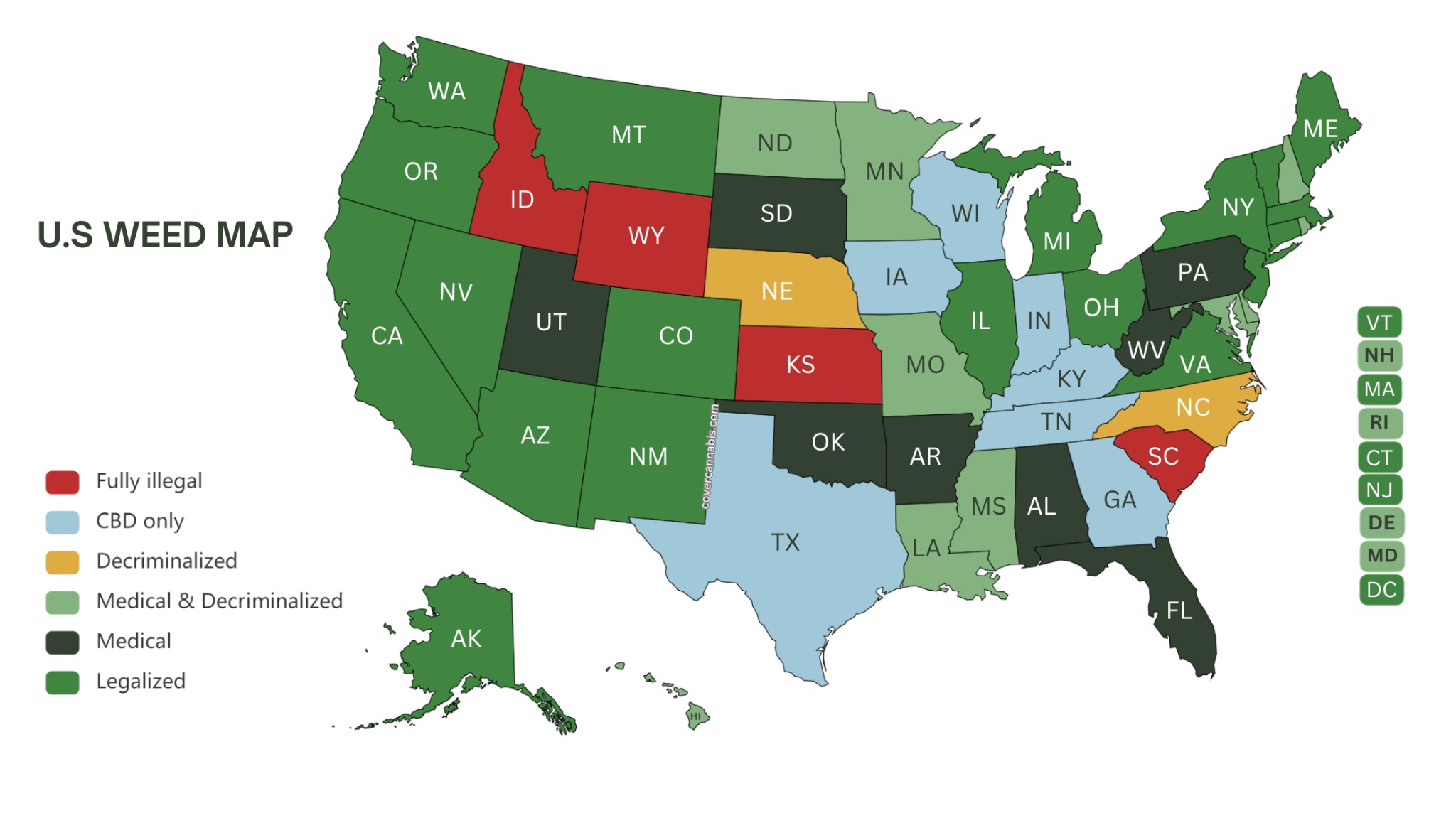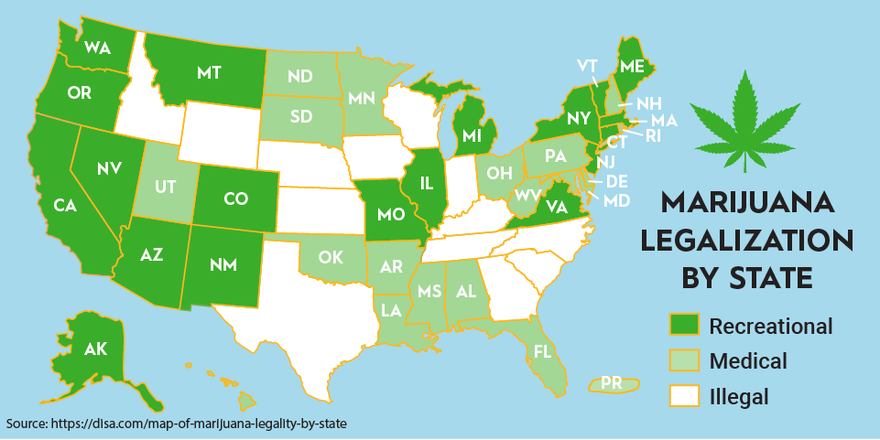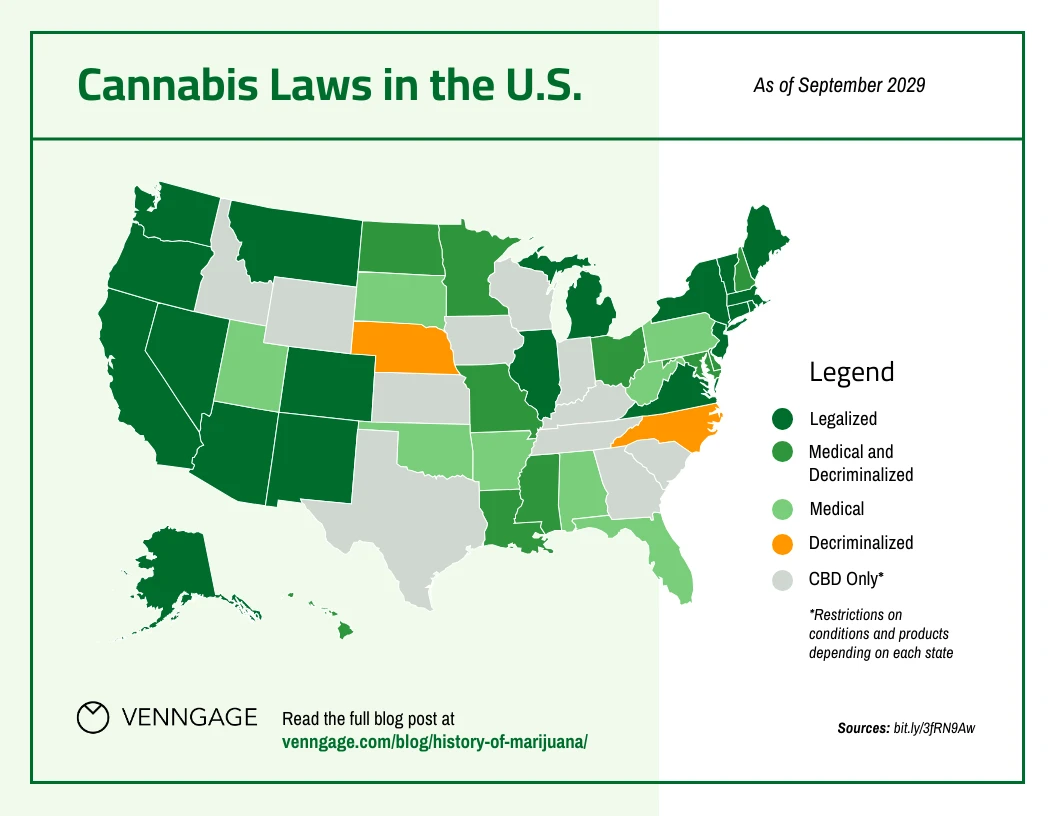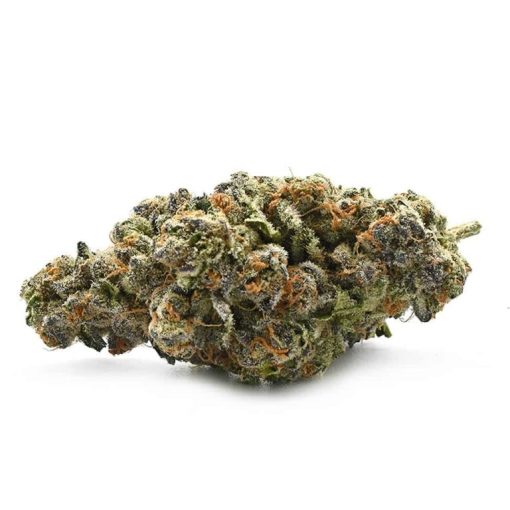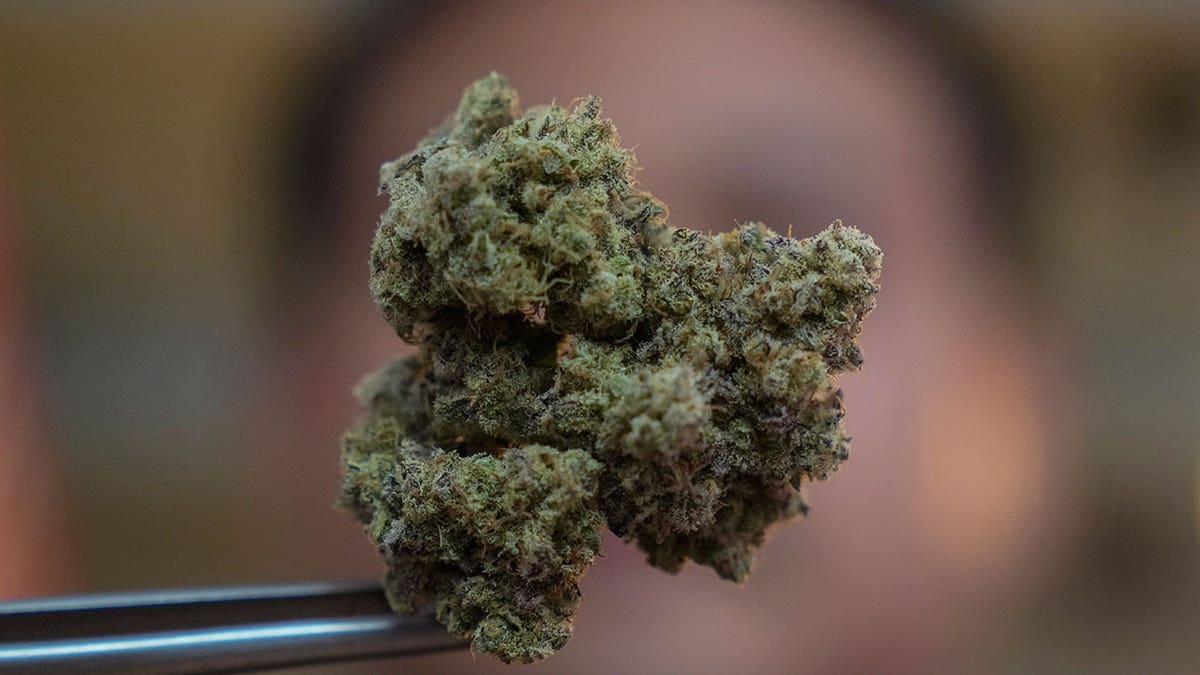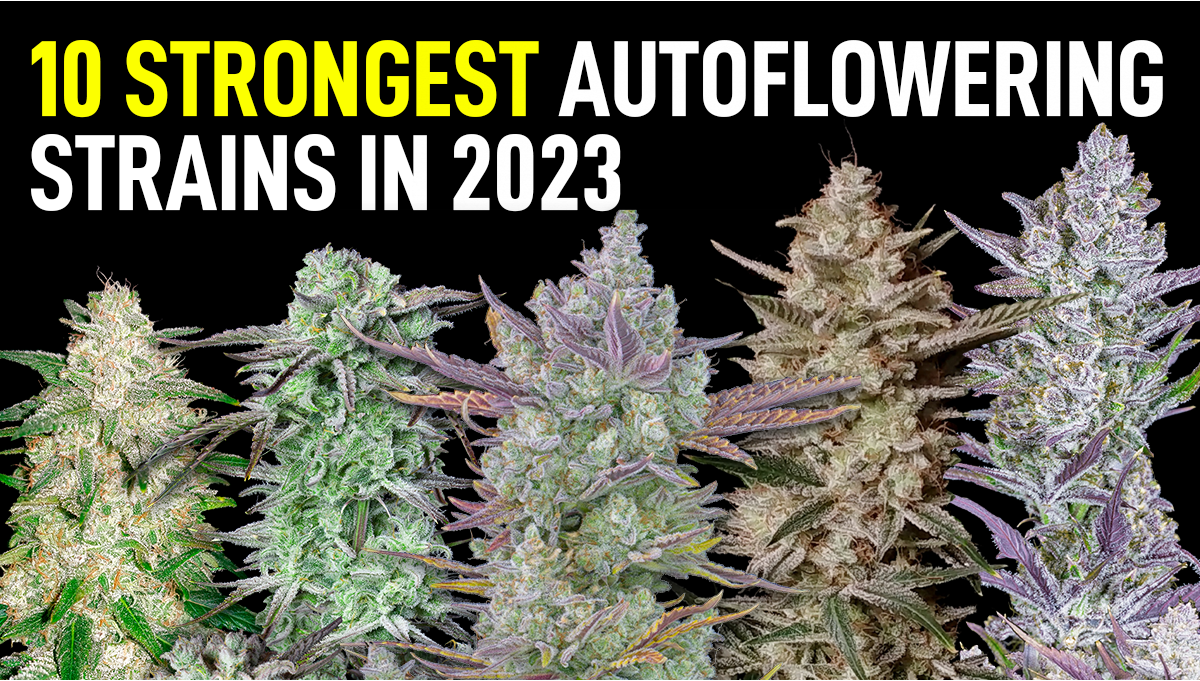Where To Get Clean Legit Weed In Dallas Texas 2024

Dallas residents seeking legal, tested cannabis face a complex landscape in 2024. Navigating the legal gray areas and understanding the available options is crucial for safe and compliant access.
The Current Cannabis Climate in Dallas
Texas maintains strict laws against recreational marijuana. However, exceptions exist for low-THC products derived from hemp. These products are available, but consumers must be aware of the regulations.
Understanding the Legal Loopholes
The 2018 Farm Bill federally legalized hemp, defined as cannabis containing 0.3% or less Delta-9 THC by dry weight. This has led to the proliferation of hemp-derived products, including those with other cannabinoids like Delta-8 THC and THCa.
Texas law mirrors the federal definition of hemp. This creates a legal space for these alternative cannabinoid products to be sold, despite the illegality of traditional marijuana.
Where To Find Legal Cannabis Options
Several avenues exist for obtaining legal cannabis products in Dallas. These include specialty retailers, smoke shops, and online vendors who ship to Texas.
Hemp Retailers and Smoke Shops
Numerous brick-and-mortar stores across Dallas sell hemp-derived products. Look for retailers clearly advertising Delta-8 THC, THCa, and other legal cannabinoids.
Verify product testing and COAs (Certificates of Analysis) before purchasing. Reputable retailers will provide this information to ensure product safety and potency.
Popular locations include areas like Deep Ellum, Knox-Henderson, and Lower Greenville. Always check local reviews and licensing information when available.
Online Vendors Shipping to Texas
A wide range of online vendors ship hemp-derived products to Texas. This offers a larger selection than local stores might provide.
Research the vendor thoroughly before ordering. Look for customer reviews, third-party lab testing, and clear return policies.
Be aware of shipping times and potential legal risks, although these are generally minimal for compliant hemp products.
Medical Cannabis Program (Limited Access)
Texas has a limited medical cannabis program, the Compassionate Use Program (CUP). This program allows patients with specific medical conditions to access low-THC cannabis.
Qualifying conditions include epilepsy, multiple sclerosis, spasticity, autism, terminal cancer, and incurable neurological diseases. Accessing medical cannabis requires registration with a qualified physician and enrollment in the CUP.
Currently, only a few dispensaries operate within the state under the CUP, and access is significantly restricted compared to recreational markets.
Important Considerations for Consumers
Navigating the legal cannabis landscape requires caution. Here are some key factors to consider before purchasing any product.
Third-Party Lab Testing and COAs
Always prioritize products with readily available Certificates of Analysis (COAs). These documents verify the product's cannabinoid content and confirm it has been tested for contaminants like pesticides and heavy metals.
Reputable vendors should provide easy access to COAs, either online or in-store. Scrutinize these documents before making a purchase.
Understanding Cannabinoid Potency and Effects
Be aware that different cannabinoids have varying effects. Delta-8 THC, for example, is known for its milder psychoactive effects compared to Delta-9 THC.
THCa, in its raw form, is non-psychoactive. However, when heated (e.g., through smoking or vaping), it converts to Delta-9 THC.
Start with low doses to assess your tolerance and avoid adverse reactions. Consult with a healthcare professional if you have any concerns about using cannabis products.
Staying Informed About Legal Changes
Cannabis laws are constantly evolving. Stay informed about any changes to Texas state law and federal regulations.
Follow reputable news sources and industry publications for updates. Participate in local advocacy efforts to shape future cannabis policy.
Next Steps and Ongoing Developments
The future of cannabis in Texas remains uncertain. Efforts to reform marijuana laws continue, with potential for future changes to both medical and recreational access.
Consumers should advocate for increased regulation and transparency within the hemp-derived product market. This will help ensure product safety and protect public health.
Continued research and education are crucial for informing policy decisions and promoting responsible cannabis use.

